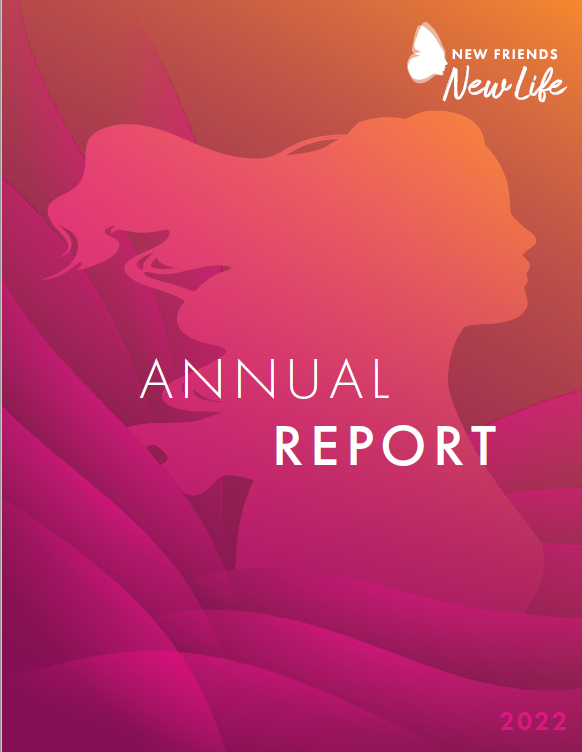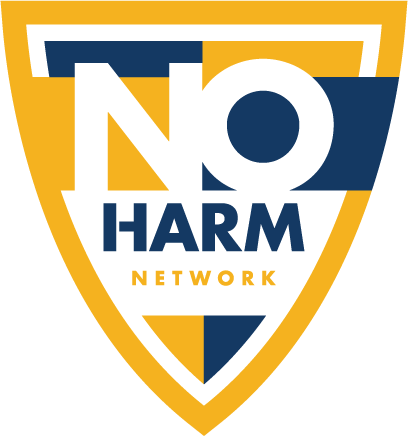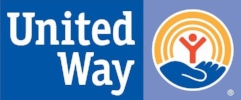How to Identify and Prevent Human Trafficking of Your Child
/Written by Hannah D. Counter, M.A., LPC, EMDR Trained Youth Program Clinical Director
In today's increasingly digital world, understanding the potential risks that children and teenagers face is critical. Human trafficking is a frightening reality that affects countless lives in our community, and it's imperative for parents and guardians to be proactive in identifying and preventing any potential risks to their children.
As Youth Program Clinical Director at New Friends New Life, I work with many young women and girls who have been or are at risk of being exploited, and this role has given me a close understanding of the impact that human trafficking has on our community. However, I also know what a crucial role parents and guardians play in supporting their children. As we enter a new academic year, I encourage parents to become familiar with the signs of human trafficking and learn how they can help prevent it. By focusing on three essential strategies—keeping an open line of communication, creating a safe space, and staying aware—parents can play a pivotal role in safeguarding children:
1. Create a Safe Space:
Establishing a safe, trusting environment at home is essential for a child's overall well-being and understanding of healthy expressions of love. Show empathy, actively listen and validate your child’s emotions.
2. Keep an Open Line of Communication:
By maintaining an open and non-judgmental line of communication, you can create an environment for your child to share their thoughts and feelings. Regularly engage in conversations about their interests, friends, online activities, and daily experiences. Encourage them to share without fear of retribution, and ask questions if your child mentions something that causes you concern.
3. Stay Aware:
Between all the apps and websites available to today’s children, understanding your child's online presence and social interactions is vital. Educate your children about online safety and set clear guidelines on what is appropriate to share online. Remain aware of their friendships both in-person and online. Finally, monitor their online and social activities on a regular basis in a way that works for your family, such as a parental control app or location tracking.
Keep an eye out for sudden changes in behavior such as withdrawal from social activities or secrecy about online activities. If you suspect human trafficking, call the National Human Trafficking Resource Center’s 24/7 hotline: 888-373-7888.
Engaging Community Resources
At New Friends New Life, we have many resources to help girls who have been or are at risk of being exploited. Our Youth Resource Center offers a safe space for girls to visit anytime, whether they want to grab a snack, watch TV, or do homework. Additionally, our staff offers personalized resources based on each girl’s needs. Our case management team addresses their day-to-day needs, such as a safe living space, food, medical needs, and academic support. Our therapists offer support to meet each girl’s emotional needs, such as Dialectical Behavior Therapy (DBT) and Eye Movement Desensitization and Reprocessing (EMDR). We also believe that caregivers are critical in our girls’ journey. Our caregiver programs support parents and guardians in creating a safe space for the girls and meeting their emotional needs.
By fostering open communication, creating a safe and nurturing space and staying vigilant about your child's activities both online and offline, you can significantly reduce the risk of your children being exploited or trafficked. For more information on how to identify and prevent human trafficking, please see our parental tips infographic, which you can download here.





















